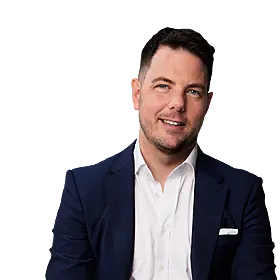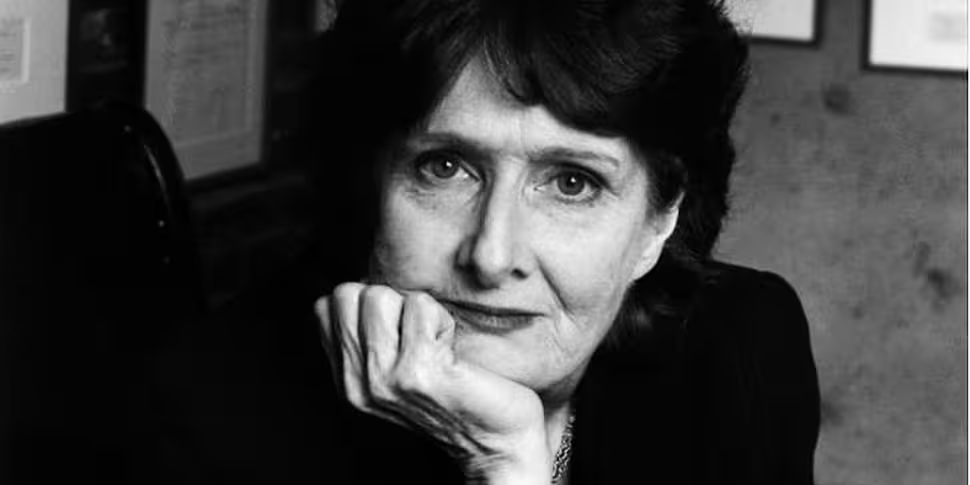Poetry can be the purest form of emotional expression in art. While film and canvas can capture moments far better than the written word they pale in comparison to letters properly arranged when it comes to expressing emotions and ideas. This is, of course, only a general rule and there exists far more bad writing than there does good. But it is to good writing that we tend to turn at important times in our lives.
During times of bereavement or celebration we often rely on words cobbled together by others who say all that we want to be far more eloquently. It is normally to poets that we look for these special words as their melodic rhythms seem to encompass how we feel far more completely than simple prose. But what is it that makes something a poem? Are the works of Wordsworth and Keats comparable to T.S. Elliot or Allen Ginsberg?
Much like the other arts what is and what is not poetic depends on the eye, or ear, of the beholder. For some the shrouded and opaque poems of the modernists only qualify as such because of their style, qualified as poems by their metronomic rhythms rather than their substance. Yet others would lament the 'liberation' of poetry from the formal constraints of time and metre with the case that it is the musical aspect which makes a piece of writing a piece of poetry. Just as art was changed with the 20th century and Duchamp's assertion that art was art because the artist said it was, so too was poetry changed by the 20th century and its new breed of writers.
Today there are no guidelines for what is poetic and what is not, what constitutes a poem and what does not. Poetry is simply letters on a page which make us go 'that is a poem'. The only certainty we can have is that a great many people through the ages have been hailed as poets and it tends to be by these marking posts that we define what poetry is. Our small island of saints and scholars has proven a fertile ground for the growing of poets and that is as true today as ever before. One of those at the fore of Irish poetry today is Eavan Boland who has proven her worth as a chronicler of Ireland and the Irish time and time again.
Born to a career diplomat and a post-impressionist painter in 1944 Boland's life was assured to be an interesting one. Following her father's appointment as ambassador to the UK in 1951 Boland experienced how the Irish were viewed from the outside. The anti-Irish sentiment she felt in London would help to form Boland's artistic identity and mission as she went on to tell the extraordinary story of ordinary Ireland and the ordinary Irish. With her combination of poetic skill and simple language Eavan Boland has proven that the existential exuberance, angst, and apathy of the everyman is as perfect fuel for poetic verse as the deeds of Odysseus or Beowulf.
Listen back as Susan talks with Eavan Boland about her life as a poet and find out what she thinks the difference is between a poet and someone who writes good poems. In the second part of the show Susan speaks with adventurer and author Graham Hoyland about his mountaineering and his book 'Last Hours on Everest'. Find out what it was like for Graham to follow in the footsteps of George Mallory as he tells the story of the famous expedition which raced to reach the summit of the world; were Mallory and Sandy Irvine the first to ascend to Everest's summit or did they die never having sat on top of the world?









